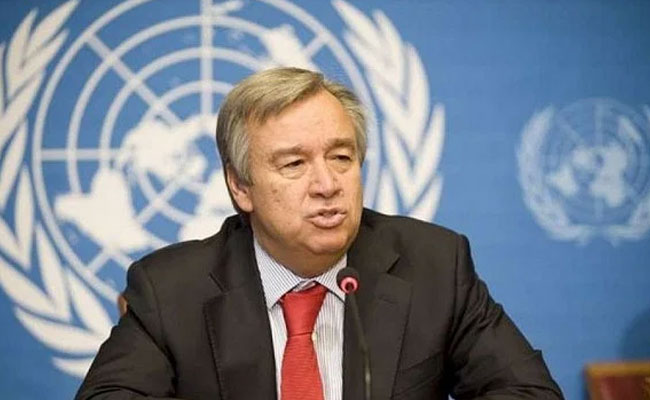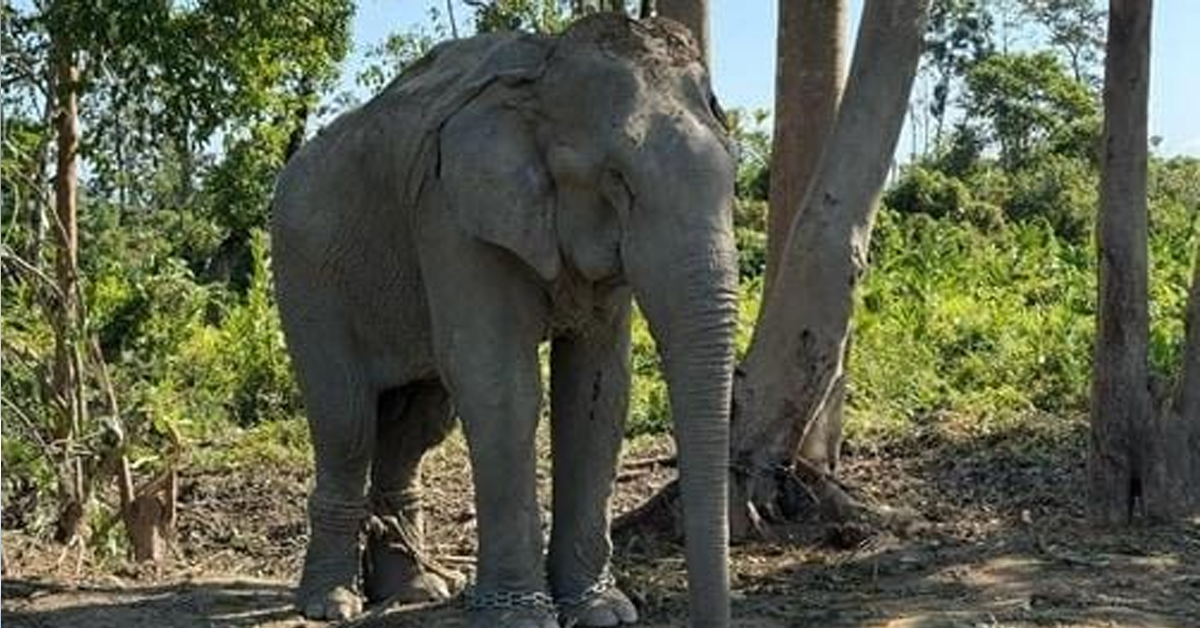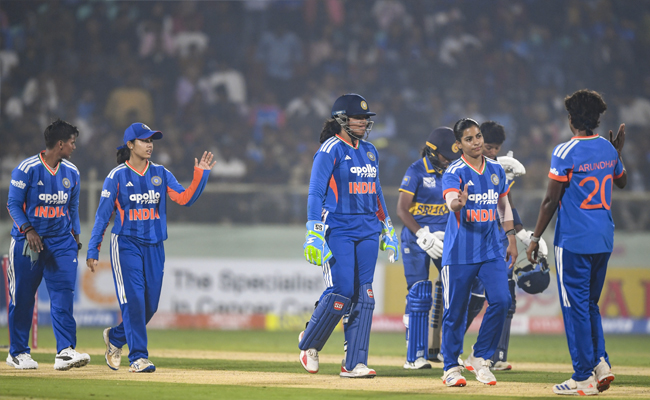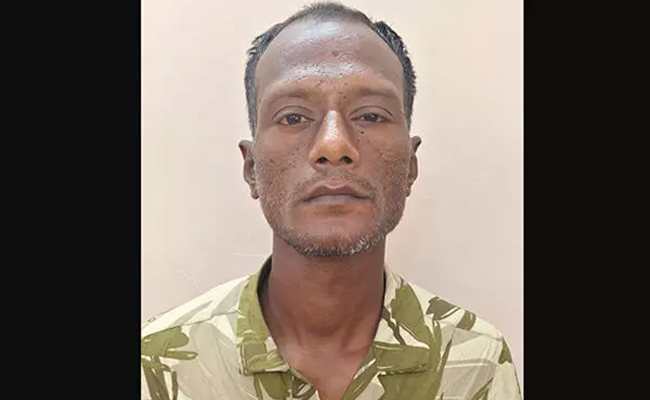United Nations/Jakarta (PTI): UN Secretary-General Antonio Guterres has expressed confidence that India, all set to host the leaders' summit during its G20 presidency, will do "everything possible" to ensure that existing geopolitical divides are overcome and the crucial gathering of world leaders concludes with "possible results."
Guterres will arrive in Delhi on Friday to attend the G20 Leaders' Summit on September 9 and 10 for which world leaders, including US President Joe Biden, are travelling to India.
Russian President Vladimir Putin and Chinese President Xi Jinping are not attending the summit.
"I'm confident that India will do everything possible to make sure that the geopolitical divides that exist are overcome and that the G20 can conclude with possible results," Guterres said in Jakarta where he is participating in the 13th ASEAN-UN Summit.
He was responding to a question on his expectations from India as the G20 host as well as New Delhi's support for bringing the African Union (AU) into the grouping of the world's biggest economies.
India assumed the year-long G20 Presidency in December last year and the Leaders' Summit in Delhi comes amid several geopolitical challenges, including the Ukraine war, the impact of the COVID-19 pandemic, economic slowdown, a worsening climate emergency, growing poverty, and inequalities.
Guterres added that as he attends the G20 Summit, there are questions that for him would be essential.
"One is to have a clear message about the reform of the international financial architecture to make it adapted to the needs of today's world," he said.
The UN chief further said that another key aspect is to create conditions in debt relief and in access to long-term concessional funding to allow developing countries to be able to overcome the impacts of COVID-19, the war in Ukraine, and many other situations that are putting many nations on the verge of debt distress.
Guterres noted that many countries are faced with situations in which they do not have the fiscal space to attend to the needs of their own people.
"And at the same time, I would be obviously very interested in seeing the emerging economies and the developed countries that are gathering in the G20 to be able to come to a united approach to an increased ambition, ambition in mitigation to reduce emissions, as we are facing a catastrophic climate situation, and ambition in justice to provide developing countries with the resources they need for climate action in adaptation and in mitigation."
Guterres further noted that the UN has a very solid partnership with the African Union. He said Africa has a "serious problem" of representation in today's international institutions.
"When they were created, the African continent had few independent countries, most of the countries were still under colonial regimes. And so, Africa was a double victim of colonialism and then of the fact that when the UN was created, the Bretton Woods system was created, the African countries were not there," the UN chief said.
"So that is why I'm strongly supportive of the presence of an African country, at least as a permanent member of the Security Council, that I can see that it's essential to reform the Bretton Woods system for Africa to have a stronger participation and, of course, I would be very happy to see the African Union as a member of the G20," he said.
The G20 includes the world's 19 wealthiest countries and the European Union.
Let the Truth be known. If you read VB and like VB, please be a VB Supporter and Help us deliver the Truth to one and all.
Pilibhit (PTI): A 19-day-old elephant calf, brought from Bijnor, was placed under care at the Pilibhit Tiger Reserve (PTR) on Sunday, an official said and added that the calf got separated from its mother in the forest area of Bijnor.
The calf was born on December 2 in the Bijnor forest area and got separated from its mother shortly after birth, the official said.
The forest department made several attempts to reunite it with its mother, but without any success. To ensure the calf's safety and better care, it was decided to transfer it to the Pilibhit Tiger Reserve on the instructions of senior officials.
On Saturday, Deputy Director Manish Singh received the calf. Special arrangements have been made in the reserve for its care. It has been kept in a safe and clean environment to provide it with a natural setting and protect it from external noise and disturbances.
Singh told reporters that raising an 19-day-old calf is challenging.
It requires a special diet as a substitute for mother's milk and constant monitoring.
He said a special team has been formed to provide 24-hour care. Since the calf is very young, it is being cared for like a newborn baby.
According to Singh, the primary responsibility for monitoring the calf's health has been entrusted to PTR's veterinarian, Dr Daksh Gangwar. Under his supervision, a complete record of the calf's health checkups, diet, and body temperature is being maintained. The team is ensuring that the calf does not contract any infection.





